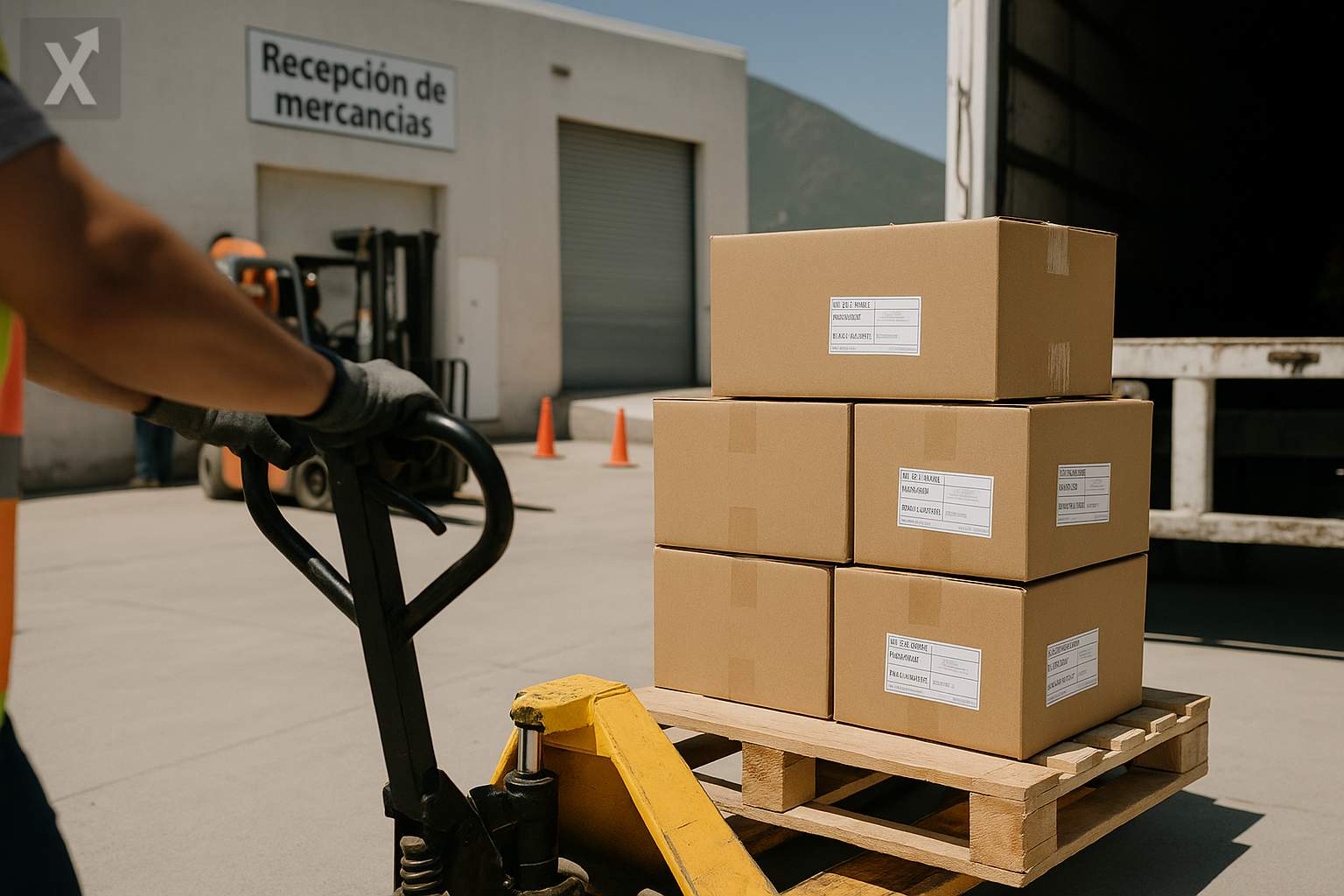“Trade is Bent, Not Broken”: The WTO’s Message and What It Means for Mexico

The Director-General of the World Trade Organization (WTO), Ngozi Okonjo-Iweala, opened the public forum of the organization with a sober assessment: global trade is "bent, but not broken." The call to avoid defeatism comes at a critical moment for Mexico, a deeply open economy that has capitalized on the reconfiguration of supply chains, yet faces a more fragmented trading environment and heightened geopolitical tensions.
According to the WTO, the proportion of goods traded today under the Most-Favored-Nation clause has dropped from over 80% to around 72% this year, partly due to unilateral measures and new industrial subsidy schemes. For Mexico, which operates primarily under preferential agreements like the USMCA and CPTPP, the resilience of the multilateral system remains strategic: it facilitates market diversification, provides certainty to sanitary and customs regulations, and reduces the risk of tariff escalations that could raise costs for inputs and exports.
The country has been one of the main beneficiaries of nearshoring. The expansion of automotive and electronics plants in the Bajío region and the north, along with investment announcements in sectors such as auto parts, electrical equipment, and medical devices, have boosted manufacturing momentum. Mexico solidified its position as a central trading partner to the United States in 2023 and maintained a robust relationship in 2024, while the normalization of the supply of key goods (like semiconductors) helped restore auto production. Even so, the appreciation of the peso at various points between 2023 and 2024 tightened export margins and forced companies to boost productivity.
The WTO’s message emphasizes that, despite the pressure, the rules are still in operation: agreements on sanitary and phytosanitary measures, customs valuation, and intellectual property continue to sustain daily trade flows. At the 13th Ministerial Conference, members extended the moratorium on tariffs for electronic transmissions and advanced the implementation of the agreement on fisheries subsidies. For Mexico, with a growing digital services trade and a significant fishing fleet, these frameworks are crucial for investment and compliance.
Risks, however, persist. Competition over green subsidies, new traceability requirements and regional content rules, as well as carbon border adjustment mechanisms in other jurisdictions, all raise the costs of compliance. Domestically, energy security, water availability, and the expansion of electric transmission networks in industrial hubs are key conditions for turning investment announcements into effective production.
The upcoming USMCA review in 2026 represents another turning point. Mexico arrives with strengths in manufacturing and logistics, but also with pending challenges related to rule of law and regulatory certainty—factors that impact capital costs and location decisions. At the same time, the WTO is discussing reform of its dispute settlement system, whose paralysis has undermined the effectiveness of multilateral arbitration; for Mexico, a functioning mechanism is essential given its export exposure.
On the macroeconomic front, inflation has tended to ease compared to 2022-2023, although pressures in services persist. With interest rates still high, companies weigh financial costs and expansion plans. The performance of the U.S. economy will continue to set the pace for Mexican external demand for the remainder of 2024 and into 2025, while the deepening of nearshoring investments could sustain industrial construction and capital goods imports.
Looking ahead, Mexico’s outlook is a mix of opportunity and discipline: the reshaping of international trade favors its manufacturing platform but requires accelerated development of infrastructure, energy, and workforce capabilities—while defending a predictable trading order. The WTO’s warning is clear: the system is holding up, but it requires reform and cooperation to avoid losing momentum.
In short, Mexico benefits from the resilience of global trade and nearshoring, but faces a more demanding playing field. The evolution of the USMCA, WTO reform, and domestic conditions—energy, water, infrastructure, and certainty—will determine how much of the country’s potential translates into sustained growth and formal employment.





